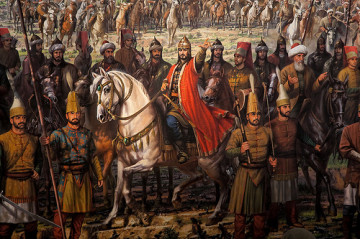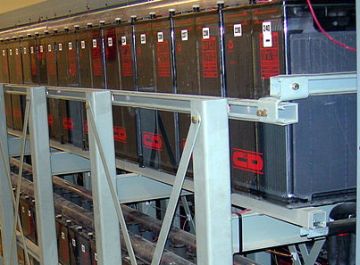 It is starting to look like a whole clutch of NHS IT projects are about to turn into embarrassing turkeys and gobble their way to the Treasury to look for more cash or be carved up before Christmas.
It is starting to look like a whole clutch of NHS IT projects are about to turn into embarrassing turkeys and gobble their way to the Treasury to look for more cash or be carved up before Christmas.
The increasingly expensive GP Extraction Service IT system has been deemed “not fit for purpose” by the government’s spending watchdog. For those who came in late, the GPES IT system was supposed to extract data from all GP practices in England.
All a great idea but costs have gone from £14 million to £40 million. More than £5.5 million of that has been wasted on write-offs and delay costs.
The ever grumpy National Audit Office (NAO) noted that the GPES has so far managed to provide data for just one customer, NHS England, and even that was four years later than originally planned.
However the NAO said the need for the service remains and further public expenditure is required to improve or replace it.
The NAO said additional costs have been incurred through a settlement with one of the main suppliers, Atos.
According to the Major Projects Authority, NHS IT remains in a poor state, with the Department of Health having the highest number of IT projects rated as “unachievable”.
On the list set for more woe is the Care.data programme, the NHS Choices website, and the department’s new network project.
The new e-Referrals system was also pulled offline recently meaning that hospitals and GPs across England had to resort to fax machines in order to refer patients.









